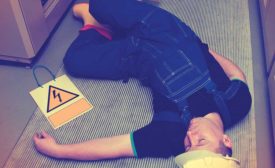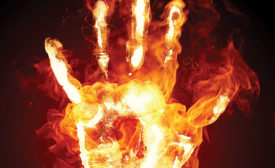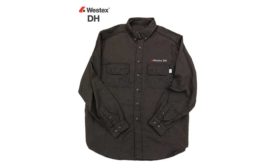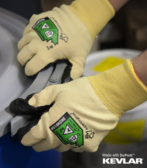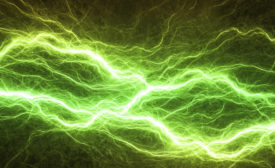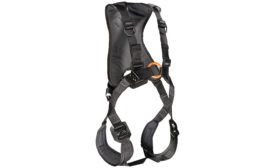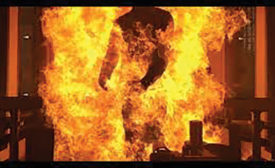Home » arc flash clothing
Articles Tagged with ''arc flash clothing''
Protecting hands from shock & arc flash
A new ASTM standard will broaden your choices
May 11, 2017
Keys to effective FR garment programs
Match hazards to NFPA® 2112, 2113, 70E® regulations
February 1, 2017
Superior Glove: A world's first in arc flash protection
Superior Glove releases world's first 18-gauge arc flash-rated glove
January 12, 2017
What you should know about NFPA 2112
Its FR performance criteria might not satisfy your needs
August 2, 2016
Never miss the latest news and trends driving the safety industry
eNewsletter | Website | eMagazine
JOIN TODAYCopyright ©2024. All Rights Reserved BNP Media.
Design, CMS, Hosting & Web Development :: ePublishing
